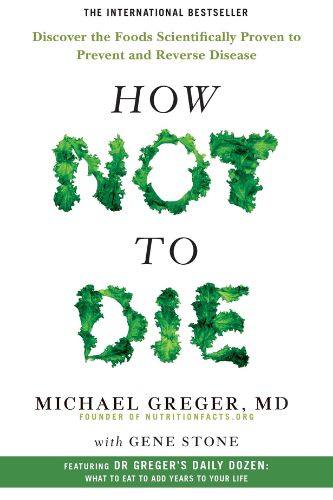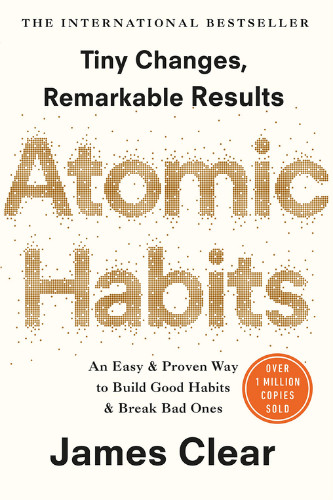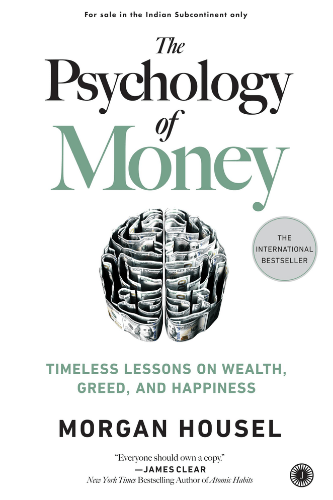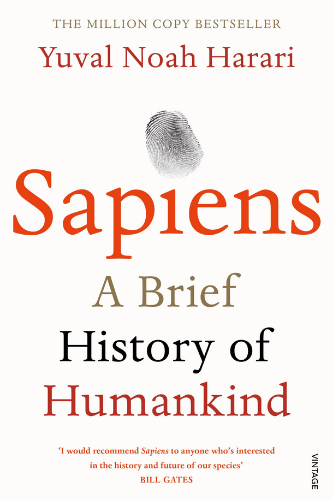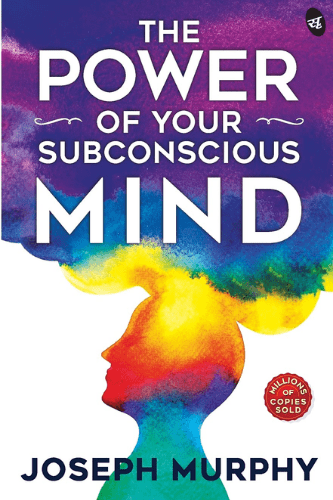The book How to Not Die investigates what we eat to prevent chronic illness. Following the advice of Dr Michael Greger, who cites hundreds of scientific studies in favour of his statements, the most frequent killers, such as heart disease, cancer, diabetes, obesity, stroke, and Alzheimer’s disease, may all be avoided (or maybe reversed).
Dr Michael Gregor saw his grandmother’s remarkable recovery from heart illness by eating a plant-based diet when he was a little child. The non-profit website NutritionFacts.org has depended completely on donations to sustain his work as an author and filmmaker since its establishment. I believe this adds to his credibility since he donates all of the proceeds from his books and speaking engagements to charity. He has a lot of good advice on how to eat for improved health, but he has a habit of cherry-picking. His diet is deficient in omega-3 fatty acids, which may help prevent heart disease, Alzheimer’s disease, and asthma. Dr Greger admits to having an aversion to animal products in an interview. Vegans make up the huge bulk of his most ardent supporters.
| Book | How to Not Die pdf |
| Author | Machale Greger, Gene Stone |
| Publication | Flatiron Books |
| Language | English |
| Pages | 576 |
Also Download: It Ends with Us By Colleen Hoover PDF
Summary of how not to Die
You or someone you know has probably attempted a diet at some time. There are several diets available, many of which promise speedy weight reduction. Is it conceivable that you’re more anxious than you realise with how much weight you’re losing? Shouldn’t we consider how we feel rather than how we seem in the mirror while making food choices? Finally, health is far more complicated than a person’s weight.
Scientific studies show that what you eat has a direct impact on your general health and life expectancy. In those under the age of 65, a poor diet is one of the main of death. Dietary adjustments may help to avoid heart disease and cancer. Don’t be concerned about juice fasts or other unusual diets. To live longer, all you need is a plant-based diet.
A balanced diet, according to Michael Greger’s study, may help you live longer. In the book “How Not To Die,” you’ll learn which meals have been scientifically shown to prevent and cure illness. He’s a doctor, an author, and the brains behind NutritionFacts.org, a well-known website. He shows how a plant-based diet may both lengthen your life and enhance your quality of life, based on current studies. Forget the conflicting diet advice; he offers a straightforward, practical approach based on scientific data that can give you a life of utmost happiness.
Diet plan
The first thing you should know is that poor diet is commonly disregarded by the medical establishment when it comes to health.
Is it true that people are living longer than they have in the past because they are healthier? Not in the least. The people aged 100 and beyond had a chronic condition at the end of their life, according to an autopsy of 42,000 participants. As a result, we are dying earlier due to illness, even though we are living longer. Diet has been the leading source of chronic illness from the dawn of humanity.
According to the 2013 “Nutritional Update for Physicians,” a normal American diet high in dairy, meat, eggs, and processed foods puts individuals at risk for heart disease, diabetes, and other diseases. According to research, the risk of having a cardiac arrest among Japanese-Americans who adopted a US diet at 40 was the same as it was at 60.
According to several studies, proper nutrition may be as beneficial as, if not more successful than, medication. In a clinical trial, patients with severe heart illness were placed on a plant-based diet to slow their progression. When a plaque in the arteries began to disintegrate, the process did not merely slow down; it reversed.
Healthy eating
The following is the second lesson: one should include fruits and vegetables in all his meals if he wants to be healthy and live longer. Now that we’ve established the significance of a healthy diet, it’s time to go more into the specifics of what to eat.
Begin by eating four servings of fruit, preferably berries. The fruit has been demonstrated to help with the proper function of the lungs and reduce the potential risk of COPD. Fruits provide antioxidants that help protect cells from inflammation and oxidative damage. The fibre and nutrients in the diet, according to Greger, counteract the effects of fructose. Antioxidants are abundant in most fruits and vegetables, but berries stand out for their capacity to boost the immune system and fight cancer in particular.
Vegetable consumption is also essential. Whole vegetables protect the telomeres of DNA, which help in cell division and good ageing. They help your liver and lungs operate better, and they may reduce your risk of acquiring some cancers.
Greger suggests that one should five servings of fruits and vegetables every day throughout the year. Leafy greens should make up two of the three, with a green vegetable like broccoli or cauliflower making up the third. Sulforaphane, an anti-inflammatory molecule found in cruciferous vegetables, may help prevent cancer. Dark leafy greens are the supreme nutrient-dense food per calorie.
Greger advocates include as many whole grains, nuts, seeds, legumes, beans, and herbs as possible in your diet, in addition to fruits and vegetables.
All green diet
You must exercise often to get the most out of a plant-based diet. Veganism will benefit you in the long run. Longevity requires both a balanced diet and frequent exercise, but neither is sufficient on its own.
Our health has suffered as a result of society’s move to a more sedentary lifestyle. A lack of activity in your lifestyle is one of the greatest killers. Based on the research of 100,000 people, those who were inactive for six hours or more each day had a 20% greater death risk than those who were sedentary for three hours or less.
Every day, you should exercise for 90 minutes at a slow or moderate pace or 40 minutes at a high intensity to be healthy. Brisk walking, hiking, and swimming are examples of moderate activities. Weightlifting, soccer, and tennis are examples of strenuous activities.
Even if the time commitment seems to be excessive, Greger believes that it is preferable to do nothing. Walking for an hour a day may lower your risk of mortality by as much as 24%!

